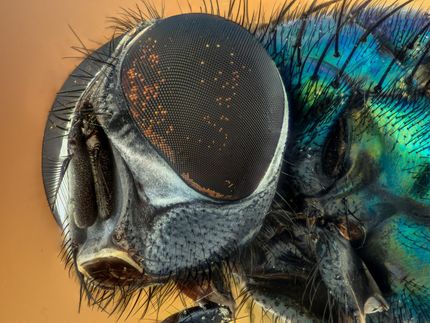Alnylam Announces Allowance of U.S. Patent Broadly Covering RNAi Therapeutics
Patent Rights for Tuschl II are Held Exclusively by Alnylam for Development and Commercialization of RNAi Therapeutics
Alnylam Pharmaceuticals, Inc. announced that the United States Patent and Trademark Office (USPTO) has allowed claims in a patent application that broadly covers methods for preparing small interfering RNAs (siRNAs), the molecules that mediate RNAi. The USPTO issued a 'Notice of Allowance' for patent application 10/832,248 in the 'Tuschl II' patent series. The patent series is exclusively licensed to Alnylam for RNAi therapeutics on a world-wide basis through an agreement with Garching Innovation GmbH, the licensing agent for the Max Planck Society. Based on the seminal research by Thomas Tuschl, Ph.D., a founder of Alnylam, the newly allowed claims broadly cover methods of making siRNAs for any target, with or without chemical modifications. Following a 'Notice of Allowance', the final issuance of a patent involves several administrative steps that typically are completed within three months.
The allowed Tuschl II patent includes 79 claims that broadly cover the preparation of a double-stranded RNA having key structural elements that Alnylam believes important for the therapeutic activity of siRNAs, including: the presence of 3'-overhangs at one or both ends of the double-stranded molecule; and a length of 19-25 nucleotides. The claims also cover an siRNA with these structural elements that also incorporates any of various chemical modifications, including the use of phosphorothioates, 2'-O-methyl, and/or 2'-fluoro modifications. These internal and backbone modifications are believed to be important for achievement of 'drug-like' properties for RNAi therapeutics. The claims cover siRNAs with the aforementioned structural properties that are directed toward any and all target genes. The Tuschl II patent series is distinct in inventorship and ownership from the so-called 'Tuschl I' patent series for which Alnylam also holds a license.
Organizations
Other news from the department research and development

Get the life science industry in your inbox
By submitting this form you agree that LUMITOS AG will send you the newsletter(s) selected above by email. Your data will not be passed on to third parties. Your data will be stored and processed in accordance with our data protection regulations. LUMITOS may contact you by email for the purpose of advertising or market and opinion surveys. You can revoke your consent at any time without giving reasons to LUMITOS AG, Ernst-Augustin-Str. 2, 12489 Berlin, Germany or by e-mail at revoke@lumitos.com with effect for the future. In addition, each email contains a link to unsubscribe from the corresponding newsletter.






















































